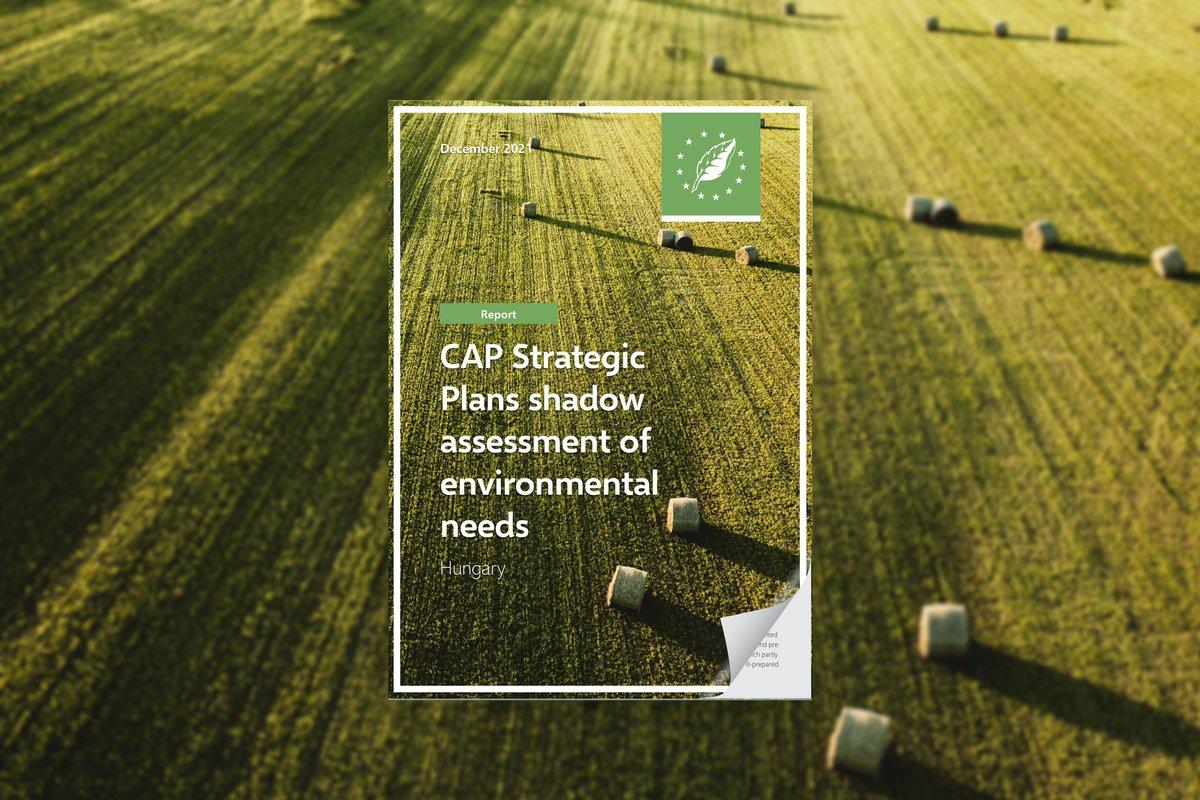AUTHORS: Anna Lorant, Juliette Pagnon
The Common Agricultural Policy (CAP) is the key funding tool to address sustainability challenges in the agriculture sector. This IEEP report sets out the main environmental needs in Hungary relating to agriculture, to inform the decision-making process on how CAP funds will be spent.
The future CAP is meant to be focused on performance, delivering results against a set of EU objectives which are translated into national and regionally identified needs. The CAP strategic plans (CSPs) are supposed to be at the heart of this new model and could, if used at their full potential, help support a transition towards sustainable farming across the EU and be a useful tool to meet the European Green Deal objectives.
This report by IEEP identifies the major environmental and climate needs in Hungary relating to agriculture to inform the drafting and evaluation process of the CAP strategic planning in Hungary. This process is crucial as it will determine how Hungary will spend around EUR 8,4 billion in farming subsidies from 2023 to 2027.
How Hungary spends this money has significant implications for the climate and environment, given the contribution of the Hungarian agriculture sector to greenhouse gas emissions, biodiversity decline and other environmental challenges including water pollution. It will therefore have a strong role to play in whether Hungary, and the EU as a whole, is able to reach the goals of the European Green Deal.
IEEP has conducted this report in order to: 1) provide Hungarian and EU stakeholders and decision-makers with evidence-based material to inform the Hungarian CAP strategic plan intervention logic, and 2) provide a reference point for the evaluation of the Hungarian government’s own needs assessment in their CAP strategic plan. The IEEP has conducted similar reports for Germany, France and Spain.
Key findings for climate and biodiversity
- Climate: Agriculture accounts for 12% of GHG emissions in Hungary. Our assessment shows that, given current estimates, policy choices and future prospects, it is not on track to meet its national and EU 2030 climate objectives. It will therefore be necessary to design a CSP that efficiently reduces emissions especially from crops by reducing the use of mineral fertilisers, and by improving soil management practices to conserve CO2 and other greenhouse gas in soils.
- Biodiversity: The farmland bird population has decreased by 29.8% between 2000 and 2019 in Hungary and wild pollinators are declining; Trends in conservation status indicate continuing degradation (decline) for more than one in four habitats and for more than one in three species. Our assessment shows that given current estimates, policy choices and future prospects, it is not on track to meet its national and EU 2030 biodiversity objectives. It will therefore be necessary to design a CSP that: efficiently reduces the use of phytosanitary products, extensifies practices, protects and restores landscape elements and other biodiversity habitats.
See full report for findings on water, soil and air.

